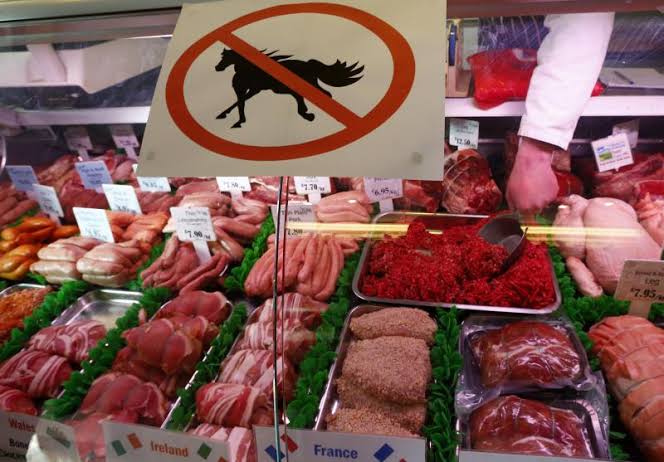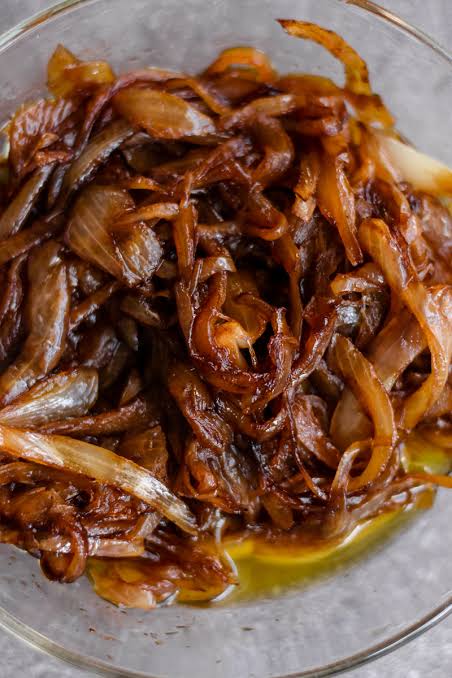Whether you’re an outdoors enthusiast looking to feed your family or just a casual camper looking for a hot plate in order to make those all-important dinner recipes, choosing between a propane or electric camp stove can be a daunting decision. Two popular energy sources that can heat up your food in no time, both propane and electric camp stoves offer their own unique advantages and drawbacks to consider.
Propane or electric camp stove/hot plate?
For starters, propane camp stoves are renowned for their dependable heat output, getting the job done in even the most challenging outdoor conditions. A propane camp stove remains functional even under inclement weather conditions such as high winds or heavy rain, and it won’t give you any trouble getting hot plates ready for cooking even in the most remote locations. Furthermore, propane is more energy-efficient than other types of fuel and produces an intense, focused heat that’s ideal for outdoor cooking.
When it comes to portability, nothing beats a propane camp stove: Not only are these devices extremely lightweight, they also tend to be smaller and easier to carry around, making them ideal for hikers and campers who need to conserve as much weight as possible. Additionally, you won’t have to worry about the size-related restrictions that many electric camp stoves may present.
On the other hand, electric camp stoves have certain advantages that propane units just can’t offer. Thanks to modern technological advances, these devices are now faster, safer, and easier to operate than ever before, and their convenience and versatility can’t be overstated. Electric camp stoves can be used to cook just about anything and, unlike propane, they don’t require dangerous lighter fluid or any other type of fuel.
Additionally, electric hot plates are renowned for their superior safety ratings, regulating their heating capabilities to make sure that food is cooked to the perfect temperature without any concerns about fire or smoke. Lastly, electric camp stoves are equipped with features like temperature controls and adjustable heat settings, all of which help ensure that no matter what type of food you’re cooking, you’ll be able to get it done quickly and correctly.
Is it cheaper to use a propane stove or electric stove?
That ultimately depends on both the price of propane and electricity. Shoppers should compare the current retail price for electricity in their area against the highest available price for propane. It’s also important to consider the efficiency of each stove. If one stove model has narrower burners and provides more efficient cooking, it may use less fuel and in turn, cost less than competing models. In addition, propane users will need to factor in installation costs, while electric stove shoppers are exempt from this expense. Furthermore, the energy costs associated with long-term use should also be taken into account. It is likely that in many cases, electric stoves will be the more cost-effective option; however, shoppers must do their own research to determine the best value.
Do chefs prefer gas or electric stoves?
This largely depends on the chef and their preference. Some chefs swear by gas stoves that allow them to have a finer control of the heat. Gas stoves also typically heat up faster than electric stoves and become milling hotspot faster than electric stoves. However, electric stoves tend to have a more consistent temperatures and are easier to clean. Electric models typically have built-in features such as timers and other helpful features. So it is just the matter of personal preference for the chef. Some may even prefer induction cooking over the gas and electric. It truly depends on what the chef prefers for their culinary masterpiece.
What is the safest camping stove fuel?
Propane is the safest camping stove fuel. It is non-toxic, has no odor or taste and is easy to find in most places. It is also easily refillable and adjustable for flame intensity. The fuel itself is considered non-explosive and fires quickly without a lot of waste. Another great thing about propane is that it has a longer burning time than other types of fuels, so it can last up to 14 hours on the same tank. Moreover, propane does not release soot or other harmful chemicals like other fuels, making it a safer and more efficient choice. Finally, propane is easy to store and transport, making it perfect for camping trips.
Which burns faster butane or propane?
Propane generally burns faster than butane because it is easier to ignite and its flame burns slightly hotter. Propane also has a higher vapor pressure than butane, allowing propane to evaporate more quickly and thus making it more combustible. Butane has a lower vapor pressure and requires a more powerful spark to ignite. Butane also does not burn as hot as propane, which can make it more difficult to flame up and keep burning. Overall, propane will generally burn faster than butane.
Related posts:
What do I need to know about Grill Grates? (quick read)
Do grills attract mosquitoes (How To Keep Them Off The BBQ)
Propane or electric camp stove/hot plate? – Conclusion
In conclusion, when choosing between a propane or electric camp stove, there’s no wrong or right answer – instead, the best option depends heavily on your personal preferences. As long as you weigh the pros and cons carefully, you should have no trouble deciding which type of hot plate is best for you.



